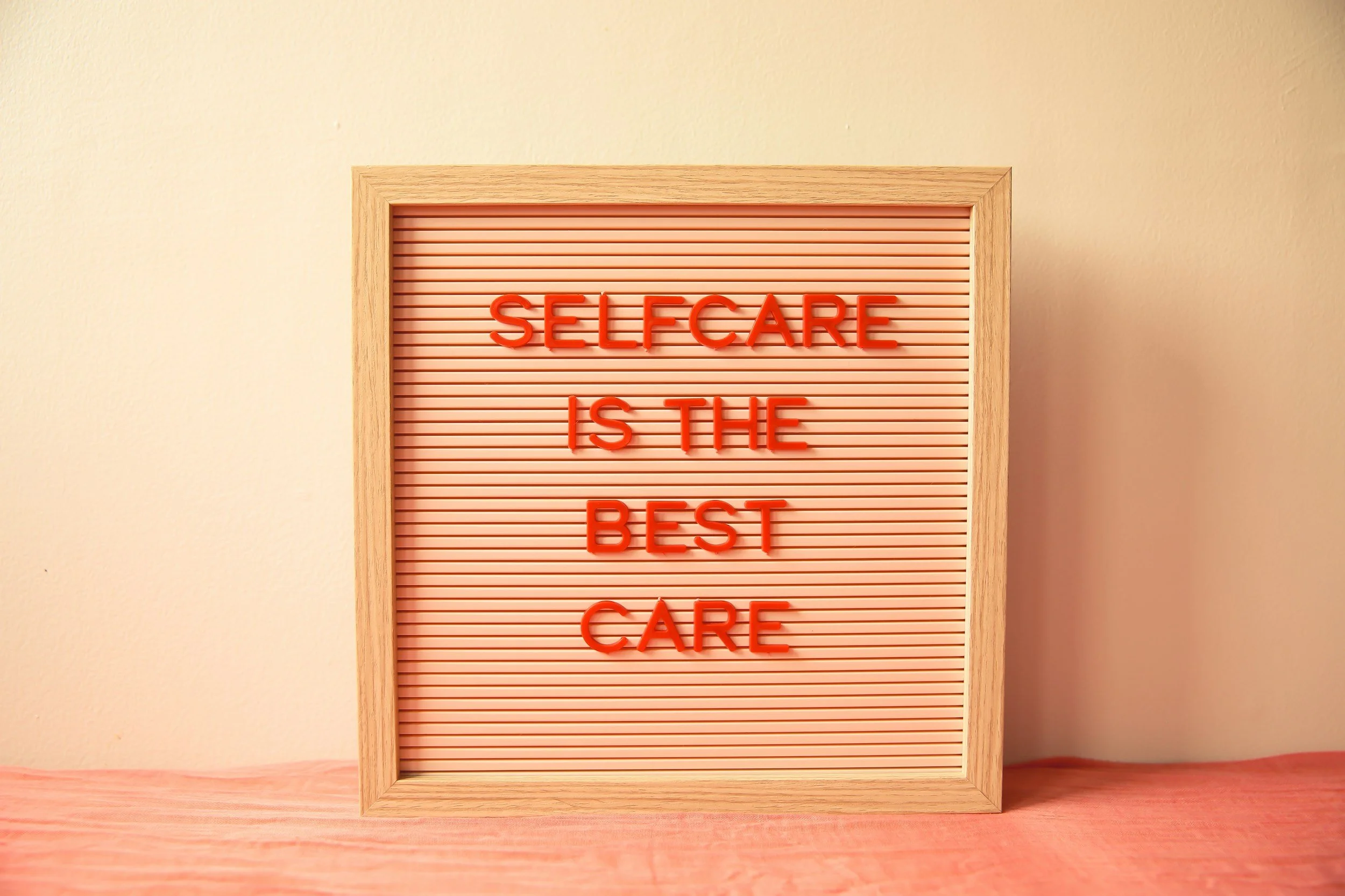Our Blog
Grief is a universal response to loss, yet its intensity and duration vary widely. In therapy, we differentiate between normal bereavement which are marked by waves of sadness that gradually lessen and complicated grief, where symptoms persist beyond six months and interfere with daily functioning.
Setting goals can feel inspiring but can also feel overwhelming if you set the bar so high that success seems out of reach. Realistic goals aren’t about lowering your standards; they’re about creating a pathway where progress feels encouraging rather than discouraging. The first step is to get clear on what matters most to you right now. You don’t need to solve everything at once.
The mind and body are deeply connected, and one of the clearest examples is the gut-brain connection. Your gut is home to trillions of bacteria that help digest food, regulate inflammation, and produce important neurotransmitters like serotonin which plays a big role in mood regulation.
Low self-esteem often masquerades as persistent self-criticism, even amid external success. It’s not abnormal for clients to describe an inner voice that doubts every achievement. The good news is that growing your self esteem is absolutely possible!
Procrastination is rarely just about poor time management. More often, it is a quiet signal from deeper layers of our emotional world. Fear of failing, the pressure to get everything “just right,” or a belief that we are not capable enough can all be at the root.
Many of us believe that self-care means indulgence, bubble baths, spa days, or “me time”. While these are all lovely approaches, these narrow definitions can backfire, leaving clients feeling guilty or unworthy when they don’t pamper themselves. In our therapy practice, we reframe self-care as any intentional act that nourishes your mind, body, or relationships.
If you’ve ever felt overextended, drained, or resentful, chances are a boundary needed attention. Boundaries aren’t just a therapy buzzword, they’re one of the most common and essential topics we work on in counseling, because they affect every part of life: relationships, work, family, even how we care for ourselves. Learning to set and maintain healthy boundaries isn’t about shutting people out; it’s about creating space for the connections and commitments that truly matter.
Surviving trauma can leave a lasting imprint. In our trauma counseling work, we take a gentle, whole-person approach, combining therapies that support both mind and body. This might include EMDR, somatic practices, and cognitive techniques, each chosen and paced in a way that feels safe for you.
Seasonal Affective Disorder (SAD) manifests as recurrent depressive episodes in fall and winter, driven by reduced sunlight and circadian misalignment. SAD affects us in various ways. Clients report low energy, hypersomnia, carbohydrate cravings, and social withdrawal. Some helpful interventions can include strategies like light therapy, behavioral activation, and cognitive strategies within a therapeutic framework.
Navigating identity is not simply about choosing one label or belonging to one group. It is a lifelong process of exploring, defining, and sometimes redefining who you are and how you wish to be known. This journey can be complicated by societal expectations, cultural norms, or messages from family and community.
Self-compassion - treating oneself with kindness and understanding during suffering, fosters motivation, emotional well-being, and relational health more sustainably than self-esteem.
Overthinking traps clients in repetitive thought loops, heightening distress and impairing decision‐making. Understanding its psychological underpinnings and applying targeted interventions can break the cycle.
What family doesn’t have its conflicts? Family conflict can quietly erode trust, connection, and joy in relationships. It often sits at the root of struggles like relationship distress, co-dependency, and intergenerational trauma, concerns we frequently address in our couples therapy and family counseling work.
Panic attacks strike with sudden intensity - heart pounding, breath racing, overwhelming fear and can leave you feeling powerless. While there are many long-term therapy options to support you in dealing with the triggers, roots, and lasting effects of a panic attack, lets try to equip you with some strategies you can try in the moment to reduce or event prevent a panic attack.
Healthy sleep habits, known as sleep hygiene, create an environment conducive to restorative sleep. Though not a standalone treatment for insomnia, these practices support overall sleep quality.
Play and art therapy harness the brain’s natural propensity for symbolic expression, allowing clients, especially children and those with limited verbal access to emotions, to process experiences safely.
Changing careers can feel like jumping without a safety net, exciting opportunities shadowed by impostor fears, uncertainty, and stress about leaving the familiar.
Burnout happens when the demands of work consistently outweigh your ability to recover and recharge. It shows up as emotional exhaustion, feelings of cynicism, and a sense that you are no longer effective in what you do.
Culturally responsive therapy for diverse backgrounds. We offer multicultural and LGBTQ+ affirming care grounded in respect, curiosity, and collaboration.
Always saying yes? Therapy can help you stop people-pleasing and build confidence in your boundaries and voice.
Couples therapy helps you understand why arguments repeat and teaches tools to reconnect, repair, and communicate more effectively.
Struggling to say no? Therapy can help you set healthy boundaries, stop people-pleasing, and create emotional balance in your life.
Do you ever feel like no matter how much you achieve, it’s still not enough?
Perfectionism often hides behind phrases like “I just have high standards” — but underneath, it’s driven by fear: fear of failure, judgment, or not being worthy unless everything is flawless.
Pregnancy and new parenthood are often described as joyful, magical seasons — but for many people, they’re also filled with worry, exhaustion, and unexpected emotional ups and downs.
When most people think of ADHD, they imagine a hyperactive child who can’t sit still. But in adults, ADHD often looks very different — and far more subtle.
While therapy often brings to mind a one-on-one conversation, there’s something uniquely powerful about healing in the company of others. Whether it’s a DBT skills group, a trauma processing circle, or a grief support community, group settings tap into something deeply human: our need to feel seen, understood, and supported by people who “get it.”
Have you ever felt like you’re running on empty — exhausted, irritable, and disconnected from the things that used to make you happy? That’s emotional burnout. It’s more than just being tired; it’s your body and mind’s way of saying, “I can’t keep going like this.”






























